
Decentralized exchanges have gained significant popularity in the cryptocurrency industry as a way to trade digital assets without relying on centralized intermediaries. While these platforms offer numerous advantages, such as greater privacy and security, it is important to understand the potential dangers and difficulties that come with utilizing a decentralized exchange like 1inch.
One of the key challenges of using 1inch is the lack of regulation and oversight. Unlike traditional exchanges that are subjected to strict regulations, decentralized exchanges operate in a more unregulated environment. This means that users are responsible for their own security and there is no central authority to turn to in case of disputes or fraudulent activities. It is crucial for users to exercise caution and perform due diligence when using 1inch to minimize the risk of falling victim to scams or hacks.
Another difficulty of utilizing 1inch is the complexity of the platform. Decentralized exchanges often require a certain level of technical knowledge and understanding of blockchain technology. The process of connecting wallets, executing trades, and navigating the interface can be overwhelming for newcomers. It is recommended for users to familiarize themselves with the platform and seek guidance from experienced users or online communities to ensure a seamless trading experience.
Furthermore, the decentralized nature of 1inch can also pose liquidity challenges. Unlike centralized exchanges that have a large number of participants and a centralized order book, decentralized exchanges rely on liquidity pools and automated market-making algorithms. This can lead to lower liquidity and potentially higher slippage rates, especially for less popular tokens. Traders should be aware of these liquidity limitations and adjust their trading strategies accordingly to mitigate the impact on their trades.
In conclusion, while decentralized exchanges like 1inch offer numerous benefits, including greater privacy and security, users need to be aware of the potential dangers and difficulties that come with utilizing such platforms. Lack of regulation, complexity, and liquidity challenges are some of the key factors that users should consider and address when trading on 1inch or any decentralized exchange.
Security Risks
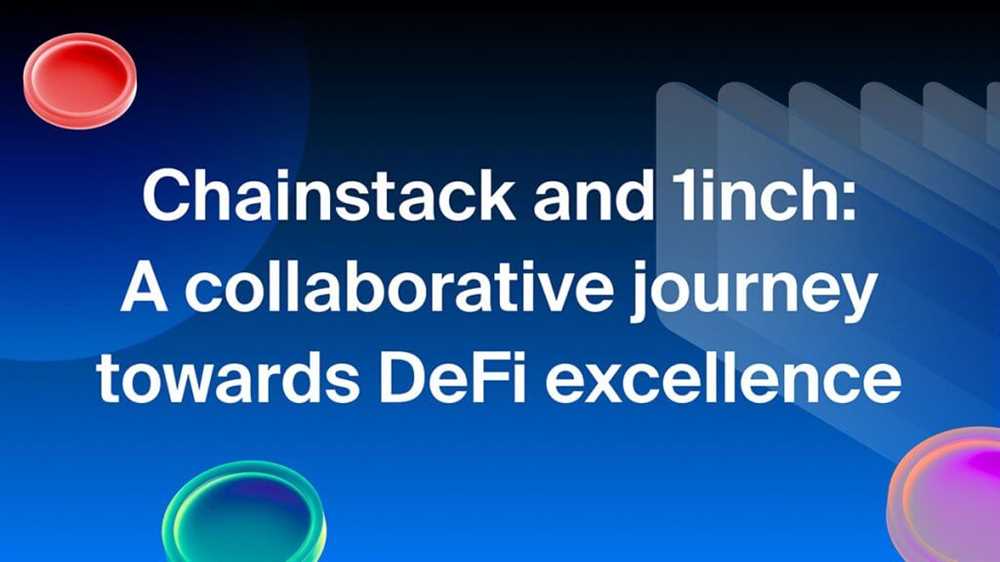
While 1inch prides itself on being a decentralized exchange with advanced security measures, there are still inherent risks associated with utilizing the platform. One of the main concerns is the potential for smart contract vulnerabilities. Smart contracts on 1inch are subject to rigorous auditing, but no code is perfect, and vulnerabilities can still be present.
Another security risk is the possibility of hackers gaining access to user wallets. If a user’s private keys or seed phrases are compromised, hackers can easily steal their funds. This risk is not unique to 1inch, but it is still important for users to maintain strong security practices, such as using hardware wallets and enabling two-factor authentication.
Furthermore, there is always the risk of malicious actors creating fake or phishing websites that mimic the 1inch platform. These fake websites can trick users into providing their private keys or other sensitive information, leading to potential financial losses. Users should always double-check the website URL and ensure they are using the official 1inch platform.
Lastly, the market volatility and price slippage on 1inch can also pose security risks. Rapid price fluctuations and high slippage can result in unexpected losses for users, especially if they are not actively monitoring their trades. It is crucial for users to understand the risks involved with trading on 1inch and to exercise caution when engaging in high-volume or high-frequency trades.
| Security Risks |
|---|
| Smart contract vulnerabilities |
| Wallet hacking |
| Fake or phishing websites |
| Market volatility and price slippage |
Technical Challenges
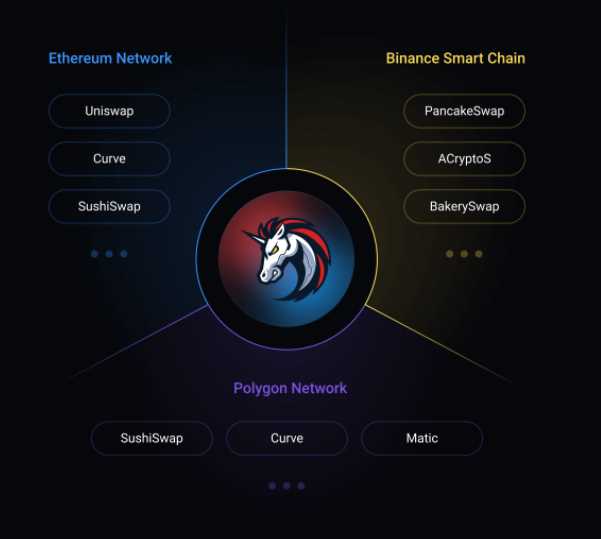
Utilizing 1inch as a decentralized exchange presents several technical challenges that users may encounter. These challenges can impact the overall user experience and the efficiency of transactions. Here are some of the potential difficulties:
1. Network Congestion: The Ethereum network, which 1inch operates on, is known for its network congestion and high gas fees during periods of heavy usage. This congestion can lead to slower transaction times and higher costs for users.
2. Smart Contract Vulnerabilities: 1inch relies on smart contracts to facilitate transactions. However, these smart contracts can be vulnerable to attacks if they have not been audited properly or if there are coding errors. Users need to be cautious when interacting with smart contracts to ensure the security of their funds.
3. Liquidity Limitations: While 1inch aims to provide access to a wide range of liquidity pools, there may still be limitations in terms of the depth and availability of liquidity. This can impact the overall efficiency of trades and the ability to execute larger transactions.
4. User Interface Complexity: The 1inch platform can be complex for users who are not familiar with decentralized exchanges and the associated terminology. Navigating the platform and understanding the different features and options available may require a learning curve for some users.
5. Integration Challenges: Integrating 1inch into other platforms or applications can pose technical challenges. Developers may need to work with the 1inch API and ensure compatibility, which can require additional time and resources.
Despite these challenges, 1inch continues to work towards improving its platform and addressing user concerns. It is important for users to be aware of these technical challenges and exercise caution when using 1inch as a decentralized exchange.
Liquidity Concerns
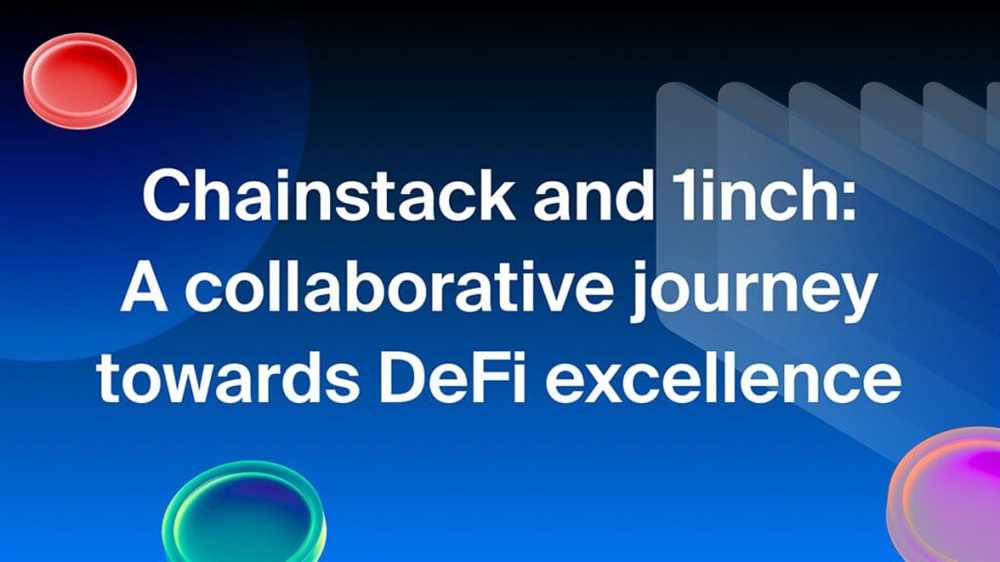
One potential danger of utilizing 1inch as a decentralized exchange is the issue of liquidity. Liquidity refers to the ability to buy or sell an asset without significantly impacting its price. In the case of 1inch, the liquidity of its pools depends on the overall trading activity on the platform and the number of users providing liquidity.
As a relatively new decentralized exchange, 1inch may face challenges in attracting a large number of liquidity providers compared to more established exchanges. This could result in lower liquidity levels, which may lead to wider spreads and slippage for traders.
Furthermore, the decentralized nature of 1inch means that it relies on multiple liquidity sources such as DEXs and automated market makers (AMMs). While this can provide access to a wide range of tokens, it also introduces additional risks. For example, if a liquidity source experiences an issue or becomes unavailable, it can impact the overall liquidity and functionality of 1inch.
Traders should also be aware that the liquidity of specific tokens on 1inch can vary widely. Less popular tokens may have limited liquidity, making it more difficult to execute trades at desired prices. This can be particularly problematic for larger trades, where significant slippage can occur.
It is important for users of 1inch to consider these liquidity concerns and assess their risk tolerance before engaging in trading activities on the platform. Additionally, diversifying trading across multiple exchanges and carefully selecting tokens with sufficient liquidity can help mitigate some of these liquidity risks.
Regulatory Hurdles

One of the main challenges that decentralized exchanges like 1inch face is the regulatory landscape they operate in. The traditional financial system is highly regulated, with strict rules and guidelines in place to protect investors and ensure fair trading practices. However, the decentralized nature of platforms like 1inch presents a unique challenge for regulators.
Decentralized exchanges operate on the blockchain, allowing users to trade directly with one another without the need for an intermediary. This decentralized nature means that there is no central authority or governing body that can regulate these platforms in the same way that traditional exchanges are regulated.
Regulators are concerned about the potential risks associated with decentralized exchanges, such as anti-money laundering (AML) and know your customer (KYC) regulations. Without proper AML and KYC procedures in place, decentralized exchanges could become a breeding ground for illicit activities, such as money laundering and terrorist financing.
Challenges for Regulators
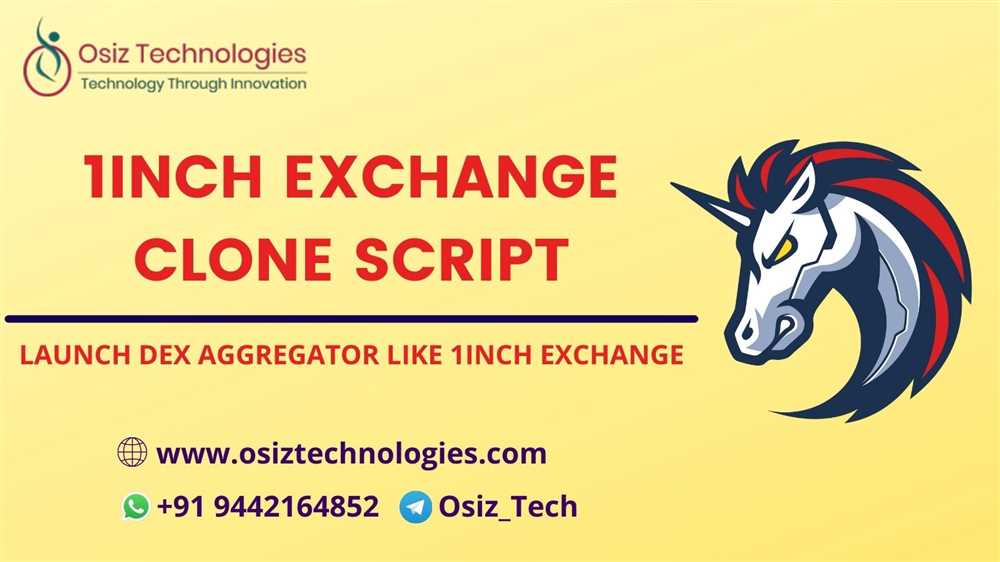
One of the main challenges for regulators is determining who is responsible for enforcing these regulations. Since there is no central authority, it is difficult to hold anyone accountable for regulatory compliance.
Additionally, decentralized exchanges often operate across multiple jurisdictions, making it even harder for regulators to enforce the rules. The borderless nature of cryptocurrencies and decentralized finance (DeFi) makes it challenging to determine which jurisdiction should regulate these platforms.
Way Forward
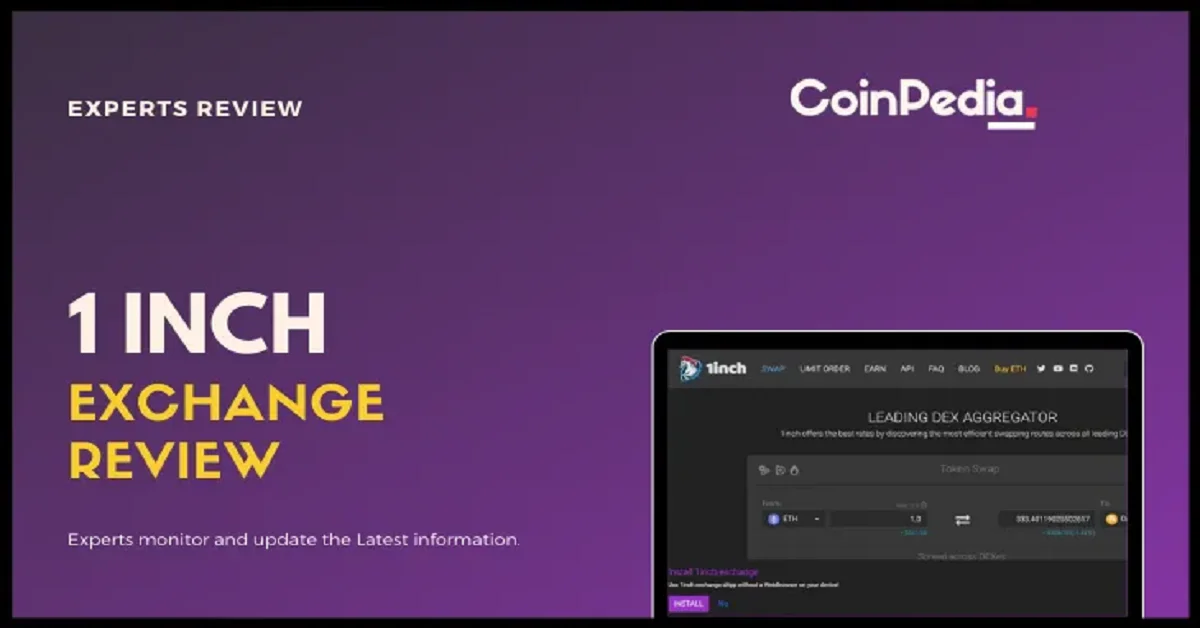
In order to address these regulatory hurdles, some decentralized exchanges have begun implementing AML and KYC procedures. These procedures require users to provide identification and prove the source of their funds before they can trade on the platform.
Furthermore, regulators are starting to recognize the importance of embracing blockchain technology and decentralized exchanges. They are exploring ways to create a regulatory framework that can accommodate these platforms while still protecting investors and upholding the integrity of the financial system.
Overall, regulatory hurdles pose a significant challenge for decentralized exchanges like 1inch. However, with collaboration between regulators and the DeFi community, it is possible to find a balance that allows for innovation and growth while still ensuring compliance with regulatory requirements.
Question-answer:
What are some potential dangers of using 1inch as a decentralized exchange?
There are several potential dangers of using 1inch as a decentralized exchange. First, there is the risk of smart contract vulnerabilities, as any code can potentially have bugs or security flaws. Second, there is the risk of losing funds if a user makes a mistake during the transaction process. Lastly, there is the risk of interacting with malicious actors who may attempt to scam or defraud users on the platform.
What difficulties can users face when utilizing 1inch as a decentralized exchange?
Users may face several difficulties when utilizing 1inch as a decentralized exchange. First, there can be a learning curve for users who are new to decentralized exchanges, as they would need to understand how to interact with the platform and navigate the various features. Second, users may face difficulties due to the high gas fees associated with using the Ethereum network, which can result in expensive transaction costs. Lastly, users may face difficulties if they encounter technical issues or delays on the platform, which can impact their trading experience.
Are there any risks associated with smart contract vulnerabilities on 1inch?
Yes, there are risks associated with smart contract vulnerabilities on 1inch. Smart contracts are not immune to bugs or security flaws, and if a vulnerability is exploited, it can result in financial losses for users. It is important for users to stay updated on any security announcements by the 1inch team and to exercise caution when interacting with smart contracts on the platform.
Can users lose their funds when using 1inch as a decentralized exchange?
Yes, users can potentially lose their funds when using 1inch as a decentralized exchange. This can happen if a user makes a mistake during the transaction process, such as sending funds to the wrong address or approving a malicious contract. It is crucial for users to double-check all transaction details and be mindful of the risks involved in trading cryptocurrencies on any platform.
Is there a risk of encountering scams or fraudulent activities on 1inch?
Yes, there is a risk of encountering scams or fraudulent activities on 1inch. As with any online platform, there may be malicious actors who attempt to deceive or defraud users. Users should be cautious of suspicious links, phishing attempts, and offers that seem too good to be true. It is advised to conduct proper research and exercise due diligence before engaging in any transactions on 1inch or any other decentralized exchange.